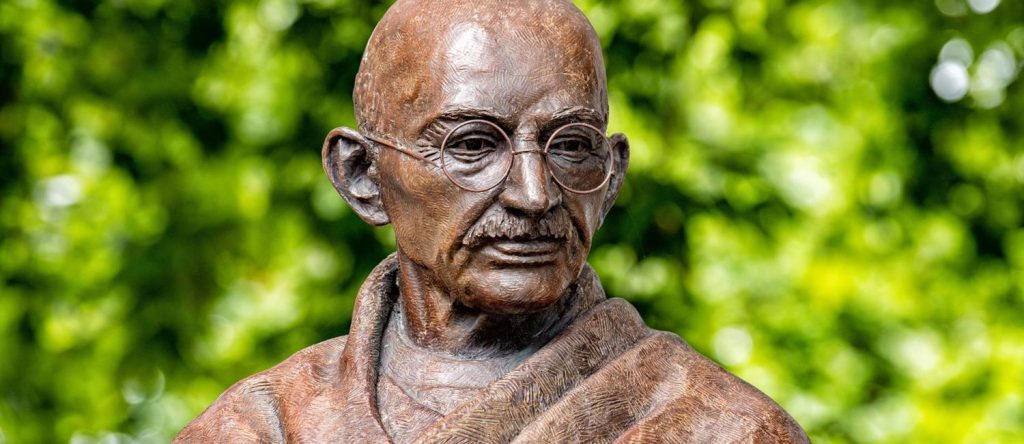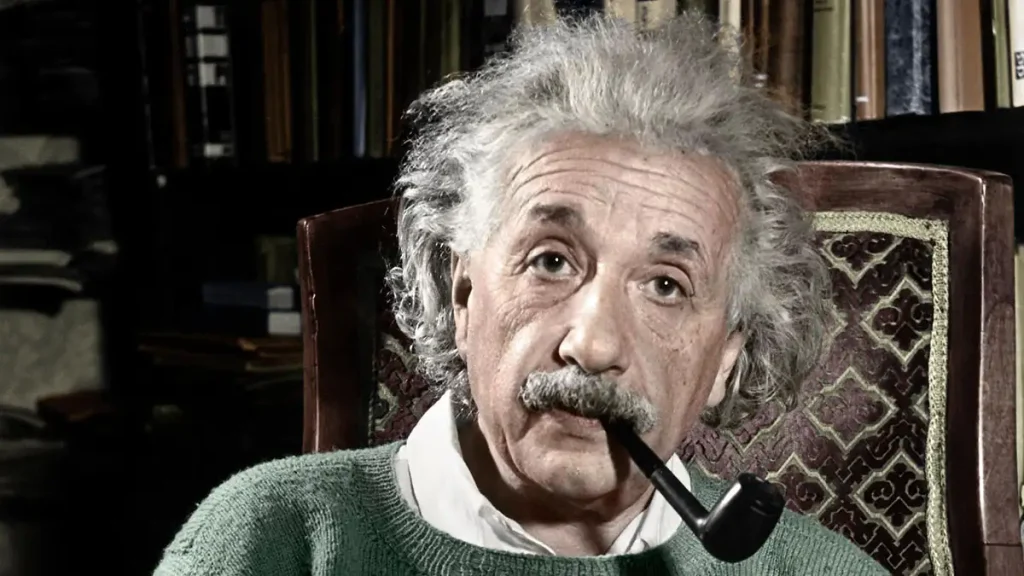Throughout history, certain individuals have left an indelible mark on the world through their actions, ideas, and leadership. These legendary historical figures have shaped the course of events and influenced the development of societies across the globe. This article explores some of these remarkable individuals and examines their contributions and legacies.

Alexander the Great
Alexander III of Macedon, commonly known as Alexander the Great, was one of history’s most successful military commanders. Born in 356 BCE, he ascended to the throne at the age of 20 after the assassination of his father, King Philip II. Alexander embarked on an ambitious campaign of conquest, creating one of the largest empires in history that stretched from Greece to Egypt and into India.
His military genius, innovative tactics, and strategic brilliance led to the defeat of the Persian Empire and the spread of Greek culture and influence across the known world. Alexander’s legacy includes the founding of numerous cities, including Alexandria, and the dissemination of Hellenistic culture, which profoundly impacted the subsequent course of Western and Middle Eastern history.
Cleopatra VII
Cleopatra VII, the last active ruler of the Ptolemaic Kingdom of Egypt, is one of history’s most iconic figures. Born in 69 BCE, Cleopatra became queen at a young age and sought to restore Egypt’s former glory amidst political instability. Known for her intelligence, political acumen, and beauty, Cleopatra formed alliances with prominent Roman figures, including Julius Caesar and Mark Antony, to strengthen Egypt’s position.
Her relationships with these powerful Romans and her subsequent involvement in the Roman civil wars had far-reaching consequences for the future of Egypt and Rome. Cleopatra’s dramatic life and tragic death marked the end of the Ptolemaic dynasty and the beginning of Egypt’s integration into the Roman Empire.
Leonardo da Vinci
Leonardo da Vinci, born in 1452 in Vinci, Italy, is celebrated as one of the greatest geniuses of the Renaissance. His diverse talents spanned the realms of art, science, engineering, and anatomy. Leonardo’s masterpieces, including the “Mona Lisa” and “The Last Supper,” are renowned for their artistic brilliance and innovative techniques.
Beyond his art, Leonardo’s notebooks reveal his contributions to various scientific fields, including anatomy, engineering, and hydraulics. His visionary ideas, many of which were ahead of his time, exemplify the Renaissance ideal of the polymath and continue to inspire admiration and study.

Mahatma Gandhi
Mahatma Gandhi, born in 1869 in India, was a key figure in the Indian independence movement against British colonial rule. Known for his philosophy of nonviolent resistance, or Satyagraha, Gandhi advocated for civil disobedience and peaceful protests to achieve political and social change.
His leadership was instrumental in mobilizing millions of Indians in the struggle for independence, culminating in India’s liberation from British rule in 1947. Gandhi’s principles of nonviolence and justice have influenced global movements for civil rights and social justice, making him a symbol of peace and resistance.
Nelson Mandela
Nelson Mandela, born in 1918 in South Africa, was a pivotal figure in the fight against apartheid, the system of racial segregation and discrimination enforced by the South African government. Mandela’s activism and leadership in the African National Congress (ANC) led to his imprisonment for 27 years on charges related to his anti-apartheid activities.
Upon his release in 1990, Mandela played a crucial role in negotiating the end of apartheid and the establishment of multiracial elections in 1994. Elected as South Africa’s first Black president, Mandela’s presidency marked a new era of reconciliation and nation-building. His legacy as a champion of democracy, equality, and human rights continues to inspire worldwide.
Joan of Arc
Joan of Arc, born around 1412 in France, is a legendary figure known for her role in the Hundred Years’ War between France and England. Claiming divine guidance, Joan led French forces to several key victories against the English, most notably the lifting of the siege of Orléans in 1429.
Despite her significant contributions to the war effort, Joan was captured by the English, tried for heresy, and burned at the stake in 1431. Her bravery, faith, and leadership were posthumously recognized, and she was canonized as a saint by the Catholic Church in 1920. Joan of Arc remains a symbol of courage and patriotism.
Albert Einstein
Albert Einstein, born in 1879 in Germany, is one of the most renowned physicists in history. His development of the theory of relativity, including the famous equation E=mc², revolutionized our understanding of space, time, and energy. Einstein’s work challenged classical physics and provided the foundation for modern theoretical physics.
In addition to his scientific contributions, Einstein was an advocate for pacifism, civil rights, and education. His intellectual legacy extends beyond physics, influencing various fields and inspiring countless individuals to pursue scientific inquiry and intellectual curiosity.

Conclusion
These legendary historical figures have profoundly impacted the course of human history through their extraordinary achievements, leadership, and vision. Their contributions have shaped cultures, inspired movements, and advanced knowledge, leaving a lasting legacy that continues to resonate across time. As we reflect on their lives and accomplishments, we gain valuable insights into the forces that have shaped our world and the enduring qualities of greatness that define these remarkable individuals.